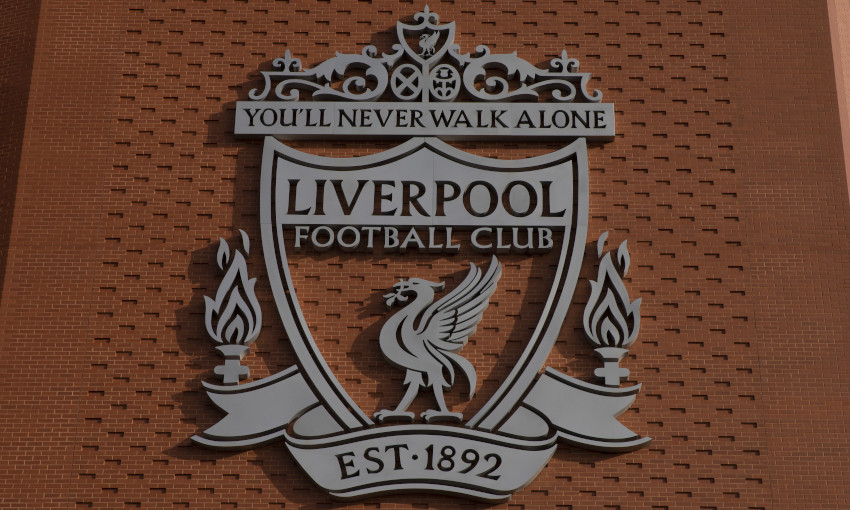Reds take steps to help tackle water crisis
Liverpool FC is continuing its mission to reduce water usage across club sites as part of its new sustainability initiative, The Red Way.
On World Water Day (March 22) - an annual United Nations observance which aims to tackle the global water crisis - LFC is calling on fans to take simple steps to use water more sustainably.
World Water Day 2021 focuses on valuing water and raising awareness of the global water crisis. Our water is under extreme threat from a growing global population, increasing demands of agriculture and industry, and the worsening impacts of climate change.
There are currently 2.2 billion people across the globe living without access to safe water, and the latest UN data estimates that by 2050 this could rise to almost five billion people living in areas of water scarcity.
By making small changes to reduce water consumption - such as turning the taps off when brushing your teeth, waiting for a full load before using the washing machine or utilising rainwater - we can all work together to make a big impact on preserving this finite, irreplaceable resource for the benefit of everyone.
At LFC, we aim to do our part through a variety of methods, including within stadium operations at Anfield and in the upkeep of playing surfaces across club sites.
Water is an important commodity in keeping the pitches at Anfield, the AXA Training Centre and the Academy healthy and slick. Where possible, the water used for our pitches is obtained from boreholes - deep wells which are drilled into the bedrock which then pump up water into a storage tank for use on the surfaces.
Close monitoring of the grass health and soil moisture content allows ground staff to only apply water when needed, assisted by the implementation of weather stations that can calculate the evapotranspiration rate of the soil and grass and calculate the amount of water needed.
Whenever possible, most of our pitch watering is carried out during hours of darkness, which reduces the loss of water by evaporation. In the event excess water is applied, this drains back through the soil and returns to the aquifers where it was pumped from.
This irrigation system, installed as part of the new training ground complex, allows the club to save approximately 20 per cent of the water used on our pitches.
Dave Roberts, senior manager of grounds at LFC, said: “Water is a precious commodity, so it is important that we manage our water use and take steps to operate sustainably wherever possible.
“The nature of our sport means we play a great deal of games throughout the wetter autumn, winter and spring months, we need free-draining pitches for these months. However we do need to allow for training and games to be played in any weather, which means in the drier months we do need to use more water.
“Operating as we do and managing water use ensures that we can be as responsible as possible and do our part to help tackle this global issue.”
At Anfield, waterless urinals have been installed in some parts of the stands including Anfield Road upper and lower concourses, Sir Kenny Dalglish stand upper concourse and levels two and six within the Main Stand. With approximately six litres of water used per flush, switching to these urinals saves around 3,000 litres each day.
Innovative food waste solutions have also been installed at the stadium via our partnership with iugis, which recycle food waste by breaking it down into water. These pioneering machines use microorganisms and oxygen to transform food waste into water on site.
In January, club partner Quorn launched #MeatFreeMatchdays - inviting fans to try going meat free one day a week and make small, easy food swaps to lower their carbon footprint and help the planet, one match at a time. Going meat free can also make a huge impact in reducing water usage - the average daily water consumption of a meat eater is 5,000 litres, compared to 2,500 for a vegetarian.
For more information on World Water Day and to access a toolkit with everything you need to inspire your friends, family and colleagues, visit https://www.worldwaterday.org/



